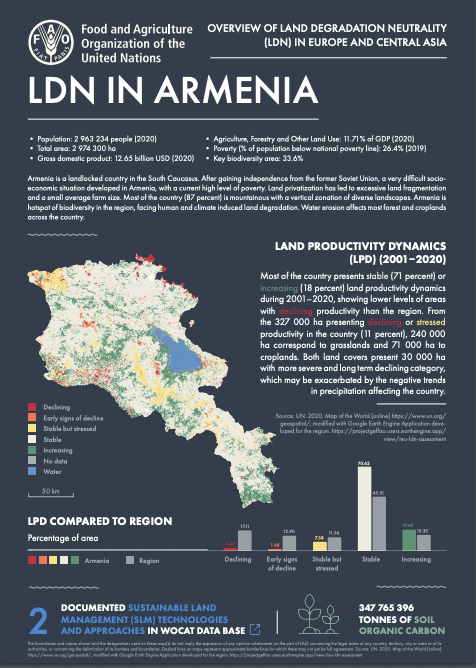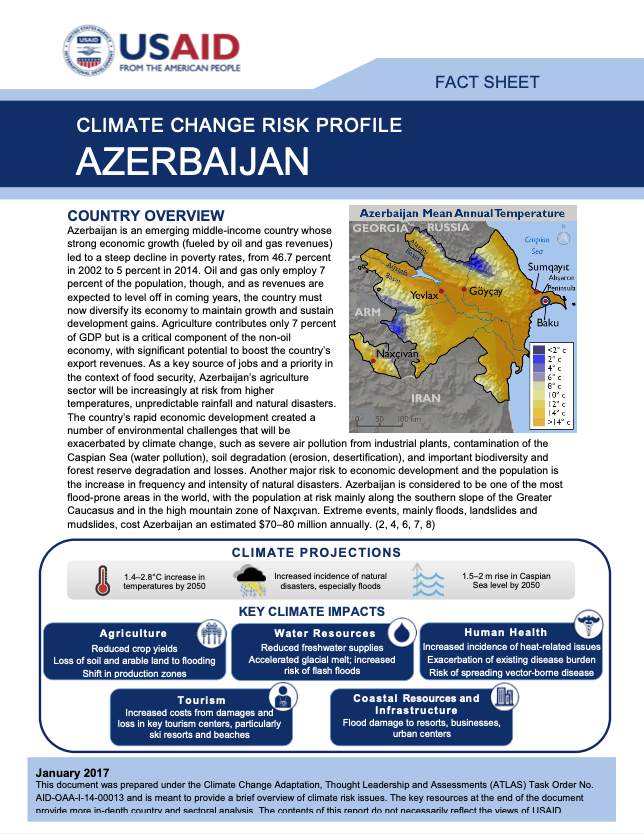Indigenous women’s knowledge is rooted in ancestral understanding of the natural world and the accumulation of observations of local phenomena. The most significant aspect of Indigenous women holding and preserving these traditional knowledge is their holistic approach, which encompasses a wide range of domains beyond mere specialization. They possess an intricate understanding of various species, considering their nutritional value, medicinal properties, and ecological roles. This knowledge, passed down through generations, not only enriches their communities but has been crucial for western science. Indigenous women's insights have often informed Western understandings, leading to the development of medicines and a deeper understanding of climate phenomena such as droughts, floods, and biodiversity migration.





